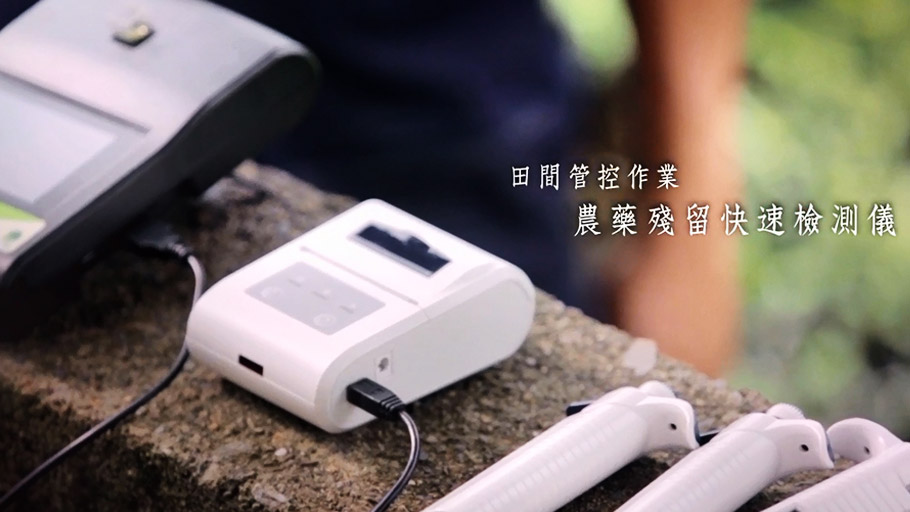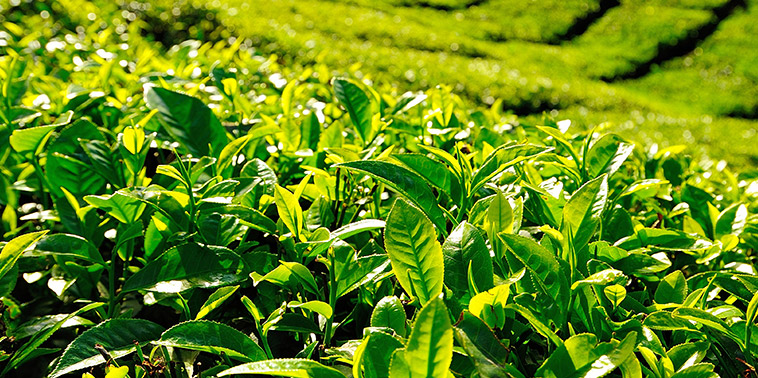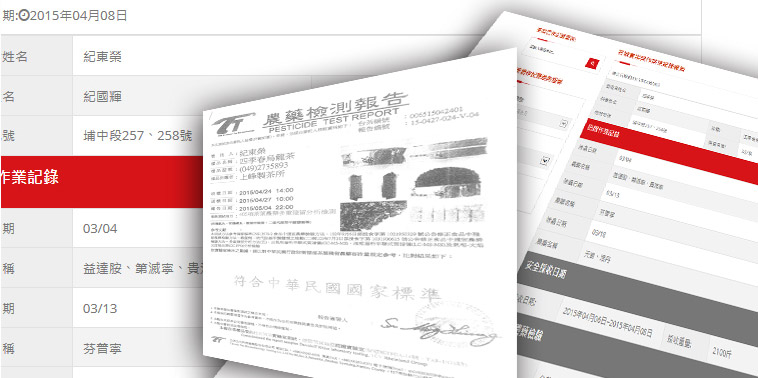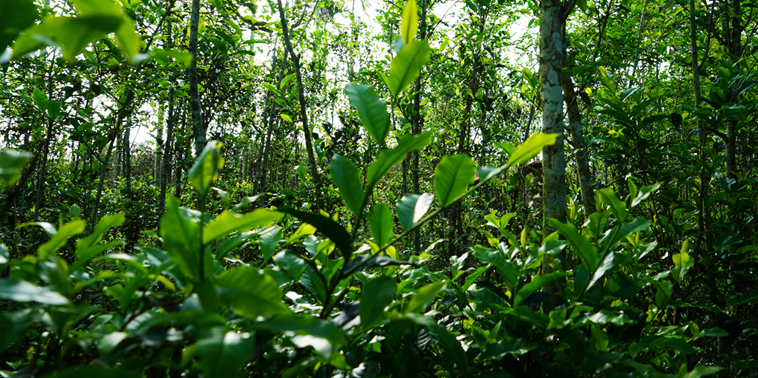
Tea with traceability and safety management Create a win-win model with cooperative tea farmers
Ensure the stable source and reliable quality of tea
With the continuous development of the international market, we’re keeping on ensuring the stable source and reliable quality of tea. We began to establish a long-term cooperative relationship with tea farmers.
Under the supports by these high-quality tea farmers, we succeed in inheriting the family's century-old tea-making technology, and Taiwan's high-quality oolong tea has also been promoted all over the world.




What we've done for SDGs?
SHIH CHEn restored the wide tea garden in 2006. Construct a natural ecological environment, let the tea tree grow naturally. Cultivate the health wild tea cultivar.
Create non-toxic but beneficial food. Take co-existing and co-prosperity with the Earth and the environment as mission. Share the successful experience of wild tea garden with tea farmers. Responding to the UN SDGs for a Friendly Planet.

3:15PM Eco-Demonstration Site
In alignment with the United Nations’ Sustainable Development Goals (SDGs), 3:15PM Biotech Center is collaborating with the TBRS of the MOA to advance circular agriculture. This initiative integrates local tea production with sustainable ecological practices, ensuring the return of pruned branches, tea residues, and other resources to the land. Through public-private cooperation, we aim to develop sustainable agriculture and preserve the ecological environment.
AIoT Digital Management Platform
Do you ever think about that “How do tea-making skills be passed on?”
By leading AIoT technology to establish a real-time monitoring system for tea gardens, we can remotely collect Big Data such as environmental temperature and humidity, rainfall, soil organic…etc. these conditions in tea garden, so as leaf temperature and humidity status are included.
These data will be uploaded to the cloud system and connect with R&D department for accurately tracking tea history and on-site conditions. By this platform, we can fully control the tea output status and learn what plucked one is suitable for.







Centenary tea expert
Started from grandfather, over hundreds years of experience in planting, making, and roasting tea. Unique Chu-style Roasting Method was also passed on.

Inspect
We have to consider all of conditions that could impact tea trees. For example, altitude, temperature, humidity, air pressure…etc. Whether there is other factory and how far between every sections, even pollution content or not is what we most care about. These changes will directly impact the quality of tea and the trust between us and customers.

Record
Control pesticide and cooperate with pesticide sales units in tea-growing areas. When cooperative tea farmers choose pesticides, they must pick the approved and registered one. Sales units will record the time and items purchased by tea farmers for supervision and investigation by 3:15PM tea garden managers. Preventing all kinds of banned agricultural products from entering tea gardens.

Control
Pesticide residue problem is always the key point which customers care about. Monitoring the quantity and the time of using pesticide is our duty. One of regulation that we indicate – mowing the lawn by manual to prevent pollution directly affecting soil.

Pluck
We stand by the first line to decide perfect plucking time. The reason why we have to do this is that before roasting and baking tea, we want to make sure all of ingredient is no pesticide residue. Only if tea comply with the testing standard and we could ensure its quality.

Upload
Updating the testing report is one of important process that we persist in. By these reports, we could clearly know and analysis all of tea products are able to sell and promote in the market and overseas. There is “Food Safety Section” on our official website, opening for all interesting in our good tea.

Healthy Tea Farm
- Healthy tea farm management, inspection clearly to ensure quality control
- Symbiosis with grasses and trees
- Contractual farming system and ensure it supply stability
- Field detection, Fast Pesticide Extraction

Wild Tea Garden
- Avoid soil disturbance, without pesticides and herbicides
- Attaching importance to ecology, re-cultivating century-old tea trees
- United Nations Sustainable Development Goals (SDGs)